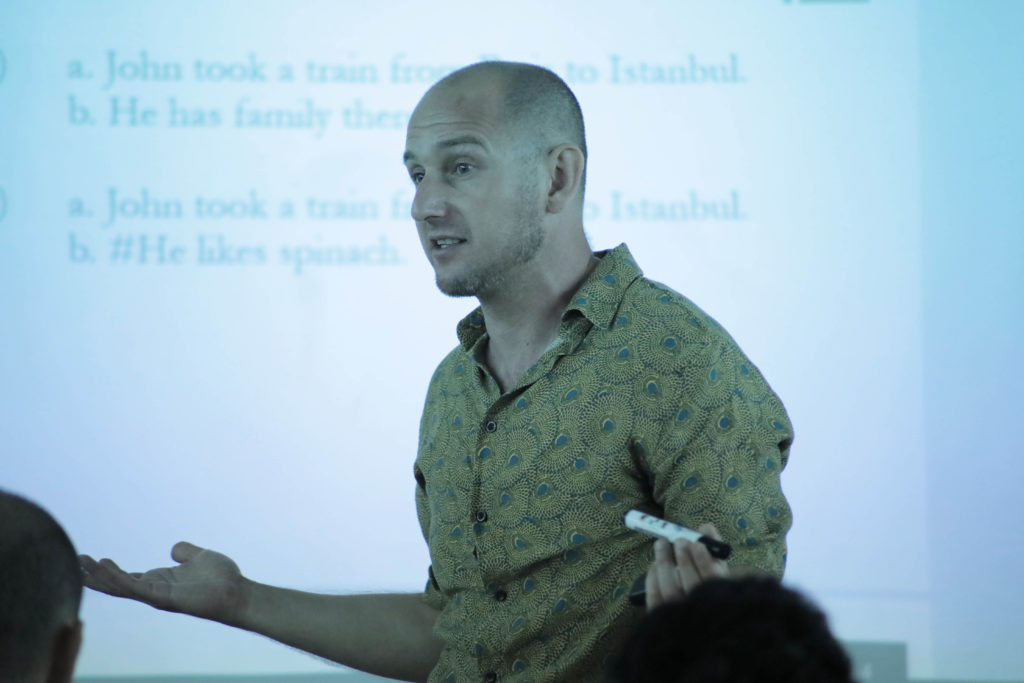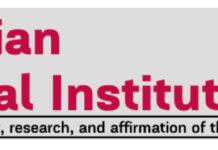YEREVAN — What is philosophy and why does it matter?
When asked, a group of philosophers and linguists who have volunteered their time for a free, world-class intensive summer session in Yerevan for the past three years replied in an email: “We think that philosophy, like poetry, mathematics, etc., is intrinsically valuable. In fact, we think it is among the most valuable of human pursuits. If we don’t try to answer questions like ‘Can we be free when we are always subject to laws of nature,’ or ‘What is the difference between right and wrong?’ and ‘Why are we here,’ well, then, why are we here?”
But they admit that the benefits of the field extends beyond the world of ideas.
“The study of philosophy is also intrinsically valuable because it dramatically improves one’s critical thinking skills. Many studies have shown that university students who major in philosophy and then enter the workforce after graduating have higher mid-career salaries than students from almost any other major. And for students who want to continue their educations beyond their undergraduate degrees, philosophy majors outperform just about every other kind of major” when it comes to standardized tests, they add.
The Yerevan Academy for Linguistics and Philosophy (YALP) is a summer program in linguistics and philosophy sponsored by the volunteer faculty from around the world, and hosted by the College of Humanities and Social Studies at the American University of Armenia (AUA).

The purpose of YALP is to provide an opportunity for students to develop their knowledge and skills, possibly with a view toward applying to doctoral programs in philosophy or linguistics (including programs in the US and Europe).












